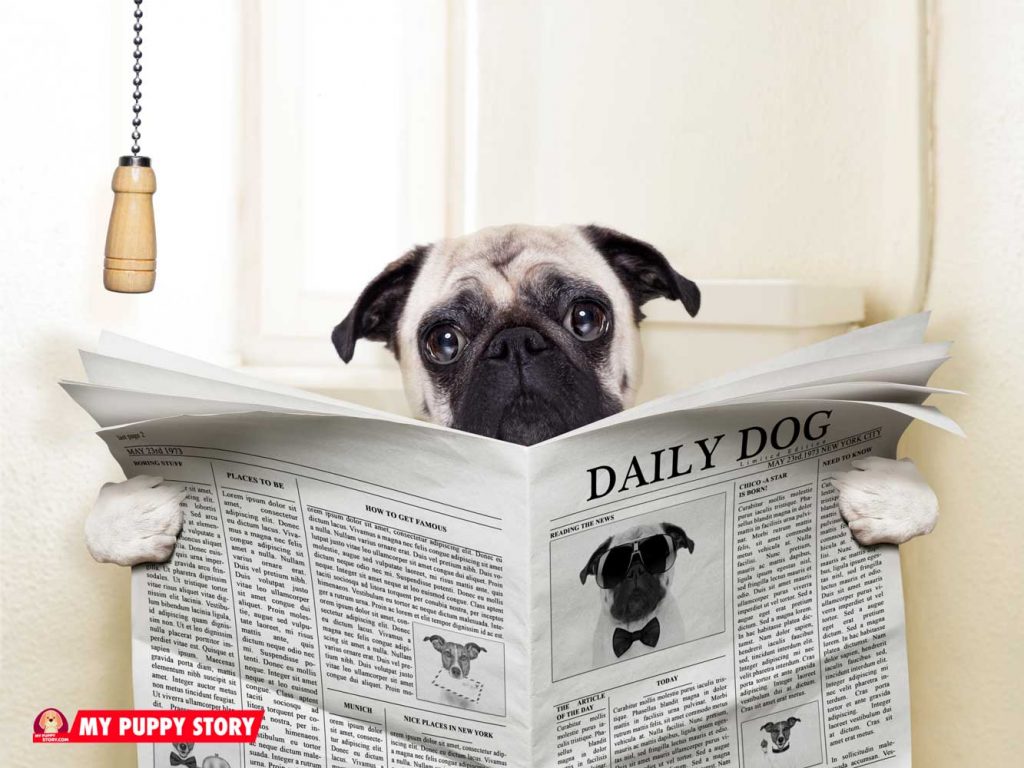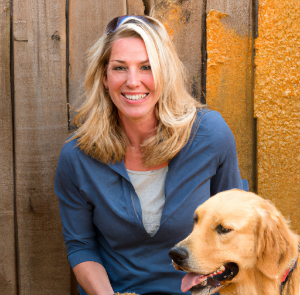
Nothing beats a best friend in the shape of a four-legged ball of fluff; in other words, a dog. Loyal, loving and empathetic, dogs make morning jogs ten times more fun. However, keeping animals as pets requires time and some animals may need a lot of maintenance. Dogs, like all pets, come with their own issues and problems. One of the most common, and perhaps the most repulsive habit dogs have is Coprophagia.
Coprophagia, in simple terms, is the consumption of one’s own poo! It is a fairly common behavioral problem in dogs. However, though the popular opinion classifies the problem of Coprophagia as purely behavioral, meaning that it purely results due to temporary stressors; in reality, Coprophagia can have serious underlying medical reasons.
As mentioned in the above paragraphs, it is found that Coprophagia in dogs can either be due to behavioral or underlying medical reasons. Attempting to overcome this problem in dogs by simply taking on a symptomatic treatment is not enough. In order to successfully overcome this problem, it is of utmost importance to know and target the root cause.
The age old debate between dog owners about the cause of Coprophagia has resulted in the cause being broadly divided into two categories
1. Behavioral:
Sometimes certain behaviors or habits adapted by the dog owner could further result in encouraging this kind if behavior. A dog that tries to or eats its own faeces will get the attention of the owner rather quickly. This, in turn, could potentially be causing damage by positively reinforcing the act of Coprophagia in dogs. In simpler words, when the dog gets the attention of the owner as a result of eating its own faeces, its associates the act of eating faeces with heightened attention.
Secondly, it is a known fact that when dogs give birth, the adult dog cleans the puppies by eating their faeces. This may result in the adult dog eating its own faeces too and the puppies learning this behavior from the adult dog.
Owners tend to leave their dogs without supervision for prolonged periods; this leads the dogs to experiment with its environment. They might start playing or eating with their own excrements.
Other behavioral reasons include ‘sticking the dog’s nose’, a fairly common practice in which the owner sticks the dog's nose in its own faeces when the dog soils the owner's house.
2. Medical
The possibility of an underlying medical problem in dogs that leads to the consumption of faeces is a huge possibility. It is found that medical issues that result in the malabsorption of nutrients tend to upset the gastrointestinal system, resulting in a Coprophagia.
An unbalanced diet could lead to nutritional deficiencies, consequently leading to the Coprophagia in dogs.
Thyroid disease, diseases that cause an increase in appetite, Cushing's disease or steroid treatment, all may also lead to Coprophagia in dogs.

Some of the most useful, effective and widely used prevention methods include:
An attentive owner that knows and notices their dog’s behavior can avoid this fairly common problem. The key is to target the root cause and take up an approach that requires intercepting the behavior every time. The lack of access to faeces is both considered a tool for prevention and cure for Coprophagia in dogs. Excrements and other dirt should be removed immediately. The presence of stools may lead to the dog trying it at some point in time. Generally, having a rough idea of the number of times your dog passes stools and the general consistency of it helps identify the cause. An attentive dog owner can prevent the start of Coprophagia in their pet dogs.
